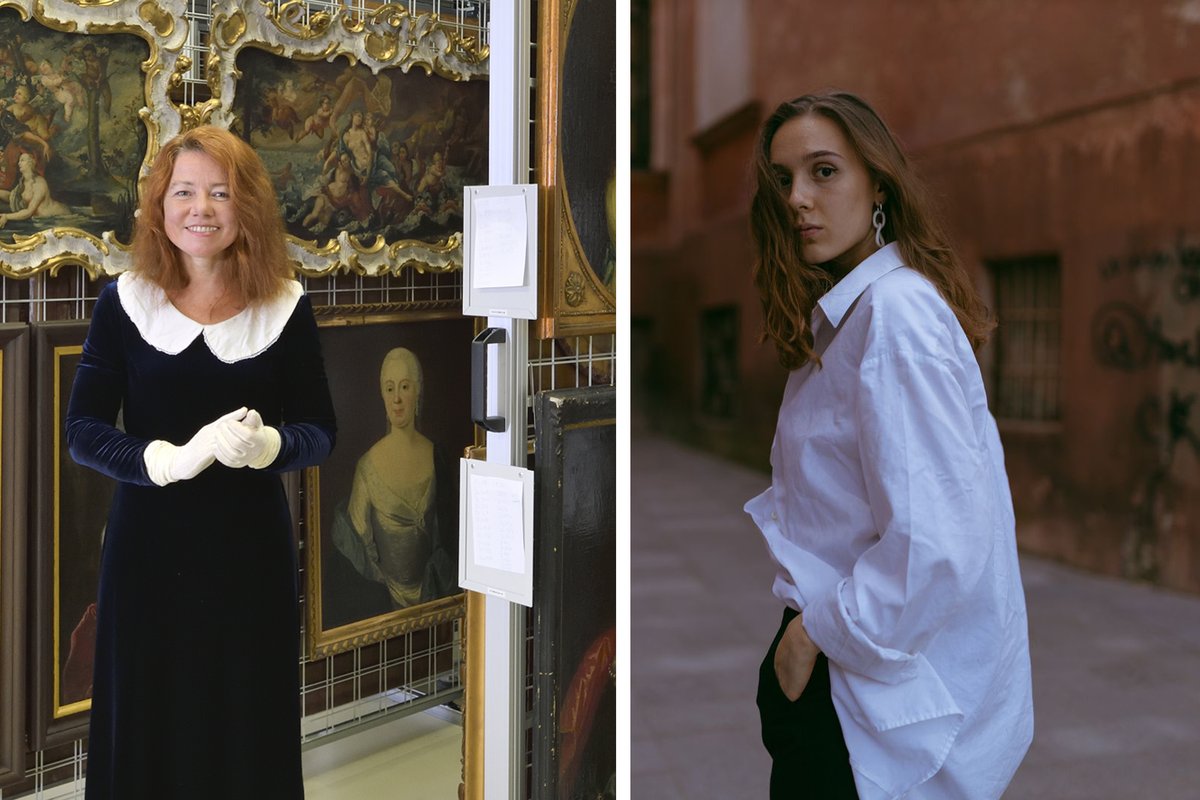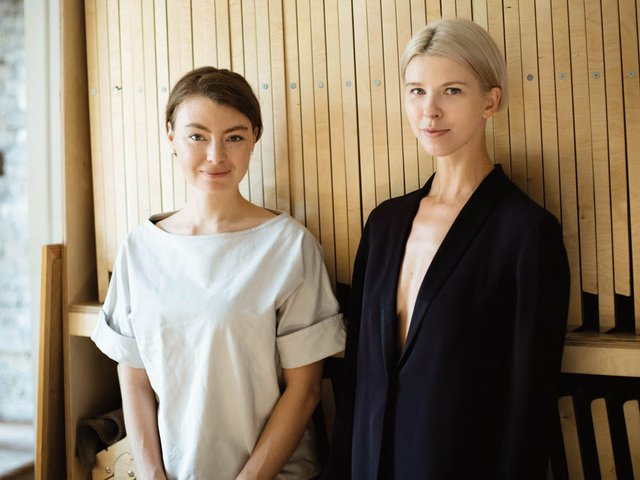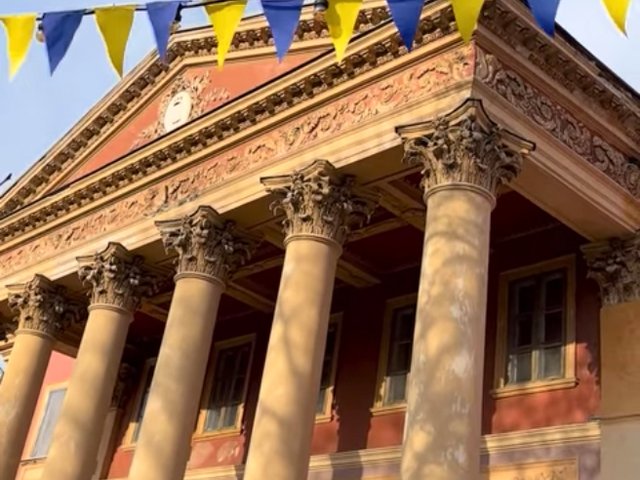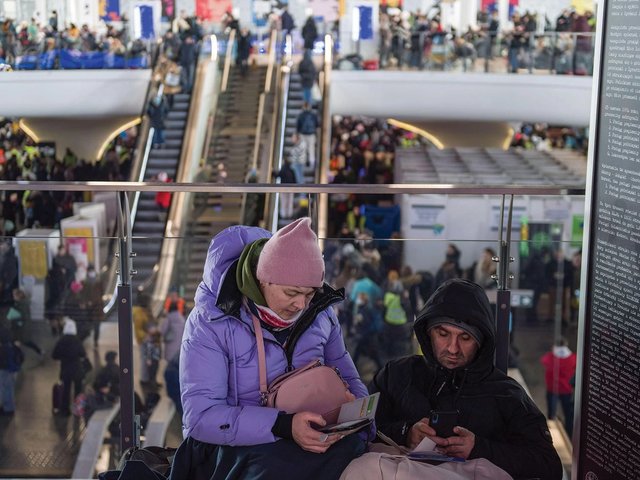With reports stating that almost 3.5 million Ukrainians have fled their country, a Berlin-based foundation is offering work to Ukrainian and Russian refugee curators. The Ernst von Siemens Art Foundation has urgently established the programme so that any German museum can employ a curator who had been working in Ukrainian museums. The financial support will cover the role for a one year period.
Martin Hoernes, the secretary-general of the foundation, also extended the programme to accommodate Russian curators who have been forced to emigrate to the West facing the risk of persecution for their anti-war position. So far, two Russian curators that the foundation has offered support to have refused it because, in their opinion, the opportunities are more needed for Ukrainians, the victims of Putin's aggression.
Anna Petrova is one of the beneficiaries of the new programme. Less than a month ago, the 22-year-old was an associate curator in the Odessa Art Museum in Ukraine; today she is a refugee in Germany. She remembers how the museum staff were nervous on the eve of the Russian invasion, but she says that nobody could imagine what was at stake for their country. On 24 February, Russia bombed villages outside of Odessa. Petrova says that the sounds of explosions woke her at 5am. By 6am, she and her colleagues had gathered in the museum to remove paintings from the walls and pack them. Later they were joined by volunteers—representatives of the Odessa art community who hurried to save the collection of their beloved museum.
The next day, Petrova, her 12-year-old brother and her mother crossed the border to Moldova. After an exhausting journey through three countries, they finally reached Germany. In her new role, Petrova is now busy working on a Ukrainian audio guide for German museums.
Hoernes says that the idea to support curator-refugees came to him during the first days of the war. The foundation already had experience in emergency programmes: during the Covid-19 pandemic, it developed a support line for the German restorers not affiliated with museums.
Anastasia Yurchenko, a provenance researcher in Stiftung Schloss Friedenstein in the German city of Gotha, has participated in the foundation's emergency projects from the very beginning. She says that during the first days of the war, she was desperate—her friends within Ukraine's museums community were calling her constantly but it was impossible to provide any help. With this new programme, the situation has changed. She says that it is both a challenge and a privilege to act as a go-between for art historians and German institutions.
Three museums in Dresden, three in Berlin, two in Augsburg, one in Gotha, one in Potsdam and one in Lubeck are now ready to welcome Ukrainian curators and the list of participating institutions is rapidly growing. Yurchenko hopes that other countries or independent museums in Europe and the US could replicate the foundation's programme.






